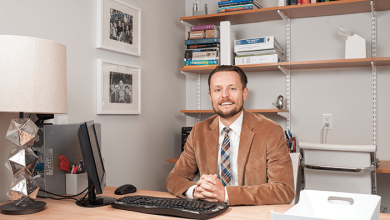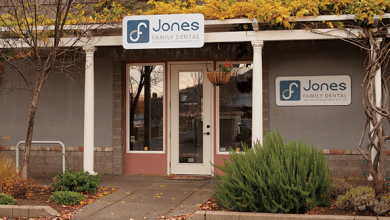Holistic Dentistry vs Evidence Based Care: Is there a middle ground?
The terms holistic dentistry and biological dentistry are used interchangeably for dental philosophy that steps outside of the traditional evidence and research based approach to dental care and wellness. The American Dental Association defines it as:
“encompassing scientifically unproven practices and products that do not to conform to generally accepted dental practices or “conventional” methods of evaluation, diagnosis, prevention and/or treatment of diseases, conditions and/or dysfunctions relating to the oral cavity and its associated structures.”
Irrelevant of which alternative tests, supplements, or procedures offered by holistic dental practitioners, all of them represent an almost universally appealing idea of wellness and balance. The range of treatments I’ve found in my research include: “quartz” fillings (often misrepresented: usually just the composite most dentists already use), specialized blood tests, amalgam and metal free dental care(found in many dental offices), hair testing, dietary counseling, kinesiology (the claim of intuitive awareness and muscle weakness when holding or focusing on materials that you are “allergic” to), and even craniosacral therapy where the frozen/fixed skull sutures are “manipulated” to treat dental or jaw pain. Common practices include personal and spiritual counseling to address emotional imbalance or wellness associated with the patients diet, gut, and dental materials present. Most of these treatments are not endorsed through dental focused evidence based care.
There are 3 main reasons why I see holistic dental care growing in popularity:
- We now have a blended, eastern/western view regarding health. Many today seek not to only treat disease but to achieve wellness. A holistic approach seems to fulfill an emotional and intuitive need for wellness. Often it addresses how we feel about our dental health vs what the evidence shows.
- It represents a financial niche in the market. Traditional dentistry may seem somewhat rigid, counter intuitive, or even lack choices which can cause an individual to look for a more “gentle” intuitive alternative approach. Simply placing the word holistic on dental office websites has been shown to greatly increase internet traffic and new patient interest. Unfortunately when money is the key driver for this approach, this is where we sometimes see the patient getting taken advantage of with treatments that cost more and are less effective.
- Lastly, evidence based providers often fail to educate and the science behind common evidence based dental care is not well understood or accepted by the patient.
Is there a middle ground and if so what does it look like?
Ultimately, we are bound by evidence based care and I believe that it safe guards the patient. In order to address the holistic patient we need to be careful to educate our patients regarding the scientific foundation. We need to offer treatment options and when possible work within the bias of our patients. We need to realize that there is a person attached to the teeth and there is often an intuitive or emotional component to all health care.- empathy goes a long way in many situations. Finally a key ingredient is respect for the person even when we may not respect the ideas that they believe in. I often say “I just don’t know anything about that” vs attacking their beliefs. Lastly a good measure of the appropriateness of “treatment” or protocol should also be measured in risk/reward and cost. MY mentor has always said, when faced with a dilemma in care ask yourself “What is truly best for the patient?” then work through the obstacles to providing that care. I am committed to evidence based care and when possible I want to find ways to serve those with a more holistic perspective. It is my hope that through the above approach we can do the most good for the most people.




